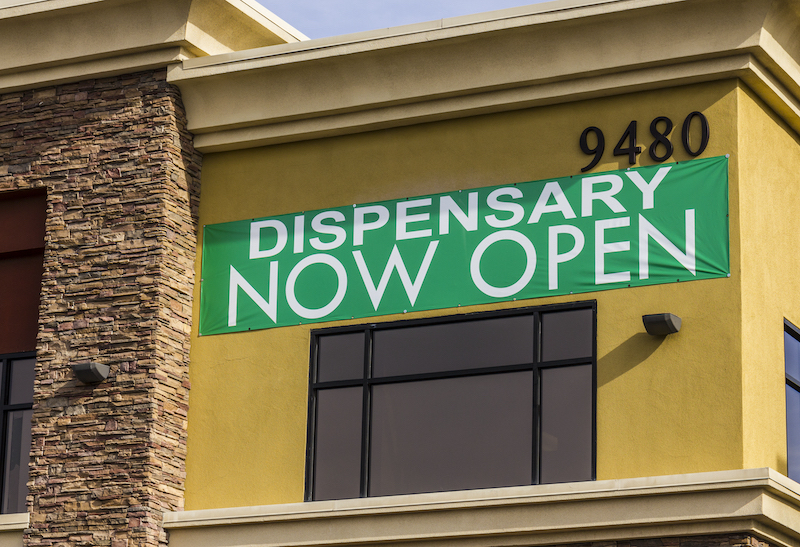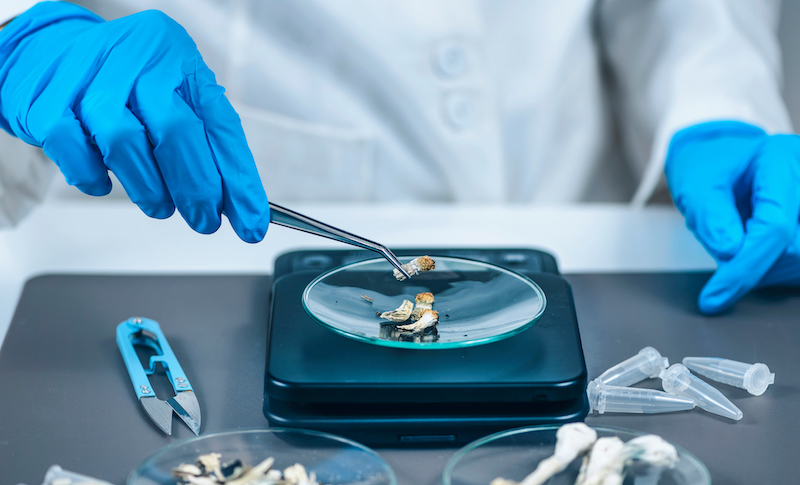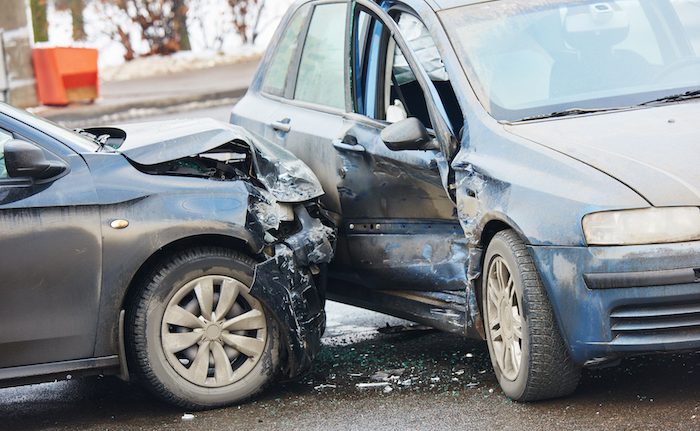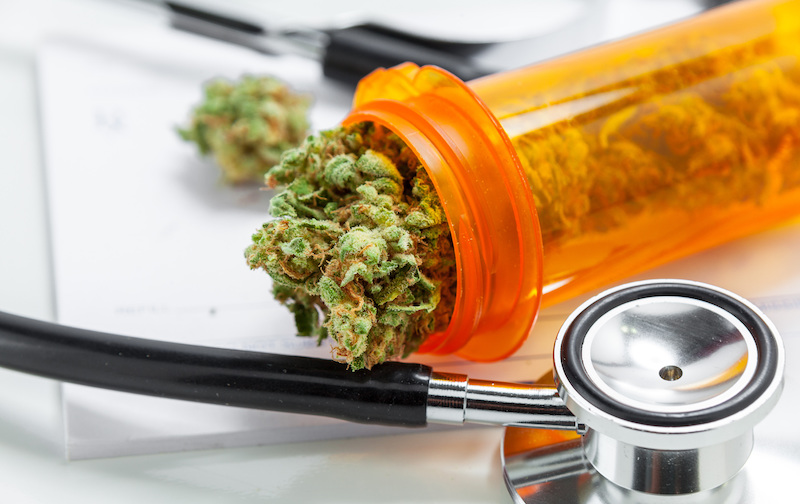Plus: The toll of substance use on physical health, and researchers find over 100 negative consequences from college drinking
By William Wagner
It’s been a decade since recreational cannabis use was legalized in Colorado, opening the door for numerous other states to follow suit. What should we glean from those 10 years of legal weed? An article out of the University of Colorado at Boulder clues us in.
Other highlights this week include the ways in which substance use disorder (SUD) can influence physical health, and the many consequences of drinking in college.
From the University of Colorado at Boulder:
What We Know About Legal Weed
The University of Colorado has marked the 10-year anniversary of legal marijuana in the Centennial State with an article outlining what it all means. Among the highlights:
- Cannabis has become an industry that generates $2 billion per year in Colorado.
- Institutions from coast to coast have stepped up research on marijuana since the drug became legal in Colorado, examining its chemical makeup, health benefits and risks.
- Residents in states where cannabis is legal use the drug 24% more frequently than those where it’s illegal.
- Studies indicate that heavy marijuana use can be harmful to the still-developing brains of adolescents and young adults.
- College students are more likely to drink more alcohol when using marijuana, ultimately impacting grades.
- Weed use among teens can lead to sleep problems later in life.
- The advent of marijuana products with high concentrations of THC (the chemical that gets you high) can produce adverse long-term effects for users.
- Marijuana use can be beneficial to those suffering from chronic pain, anxiety and cancer.
- Cannabis use doesn’t necessarily turn you into a “couch potato.” In fact, says one researcher, “cannabis users have a lower body mass index, better waist-to-hip-ratio and are more likely to meet exercise recommendations than non-users.”
- The labeling on marijuana products needs to be more accurate.
The bottom line? Legal weed has been a mixed bag, and we still have much to learn.
From The Lancet Psychiatry:
SUD and All-Around Physical Health
It should come as no surprise that people with SUDs have worse outcomes from many physical maladies than the rest of the population does. Researchers from the U.K. and Czechia studied records of patients with 28 different maladies who previously had been hospitalized for SUDs. They found shorter life expectancies for the people with SUDs.

“Substance use disorders seem to have a profound negative impact on prognosis following the development of various subsequent physical health conditions, in some cases dramatically affecting the life expectancy of the affected people,” said lead author of the study Tomáš Formánek, a PhD student at the National Institute of Mental Health, Czechia, and the University of Cambridge. The conditions that resulted in the worst outcomes for people with pre-existing SUDs were atrial fibrillation, hypertension and ischemic heart disease.
Overall, patients with SUDs also were more vulnerable to other illnesses, such as diabetes and cancer, because they were less likely to participate in screening and prevention. Said study co-author Petr Winkler, PhD, from the National Institute of Mental Health, Czechia: “They often do not seek a professional help and hospitalizations for these conditions [until] very advanced stages of illness.”
From Addictive Behaviors:
The Consequences of College Drinking
For a lot of people, drinking and college go hand in hand—with all sorts of negative ramifications. According to research from Penn State University, there are at least 100 alcohol-related consequences for the college crowd, ranging from blacking out and being hung over to missing work or school.
“We often think of peers as having an influence on drinking behaviors, but we found that parents can make a difference even after their child has left home.”
—Kimberly Mallett, Penn State University
The researchers followed 1,700 students for four years, surveying them twice a year. Interestingly, they discovered that students who thought their parents wouldn’t approve of their drinking suffered fewer negative consequences. “We often think of peers as having an influence on drinking behaviors, but we found that parents can make a difference even after their child has left home,” said Kimberly Mallett, PhD, a research professor at Penn State’s Edna Bennett Pierce Prevention Center. She added, “Kids really look to their parents for guidance in a lot of ways, even if they don’t outwardly say it.”
Top photo: Shutterstock














